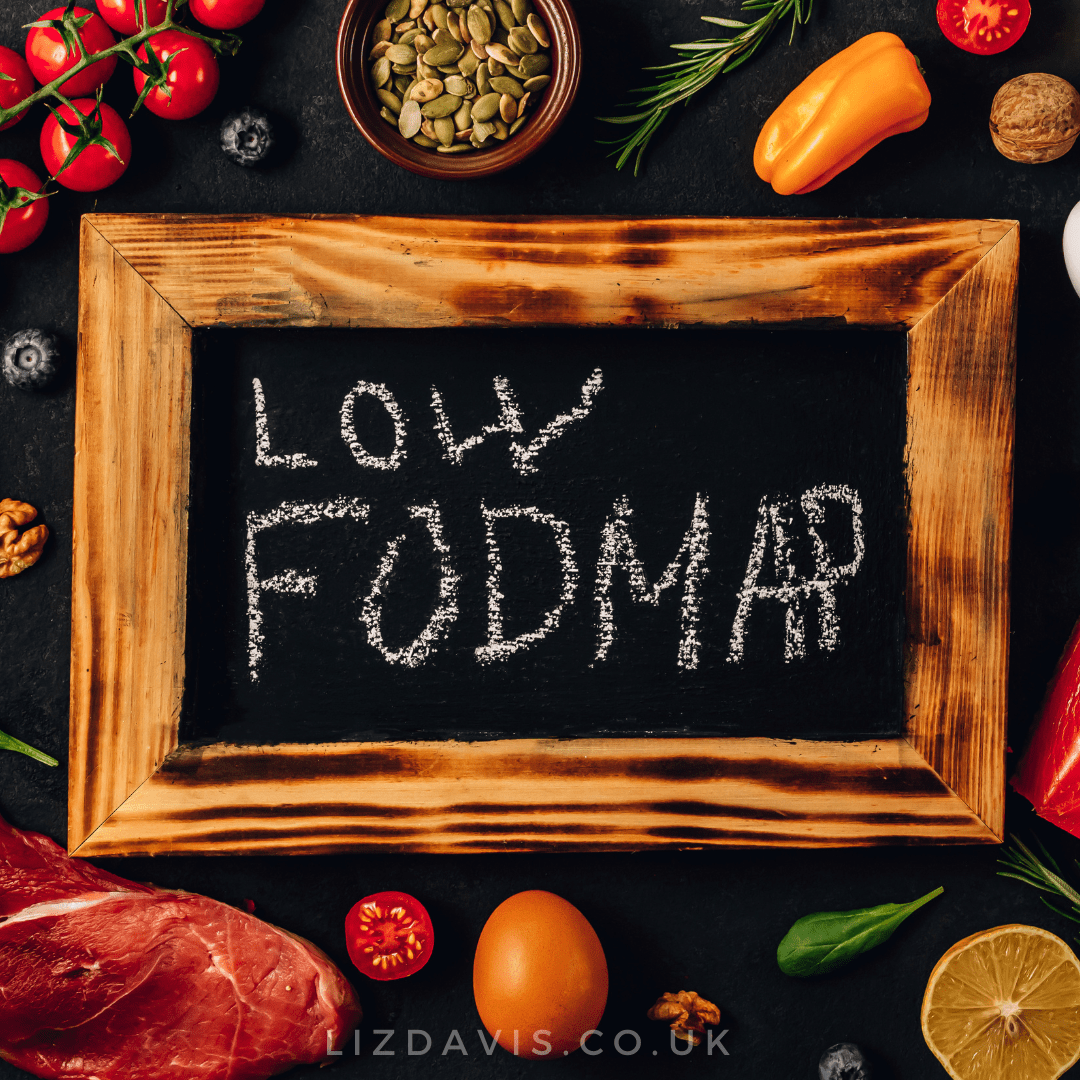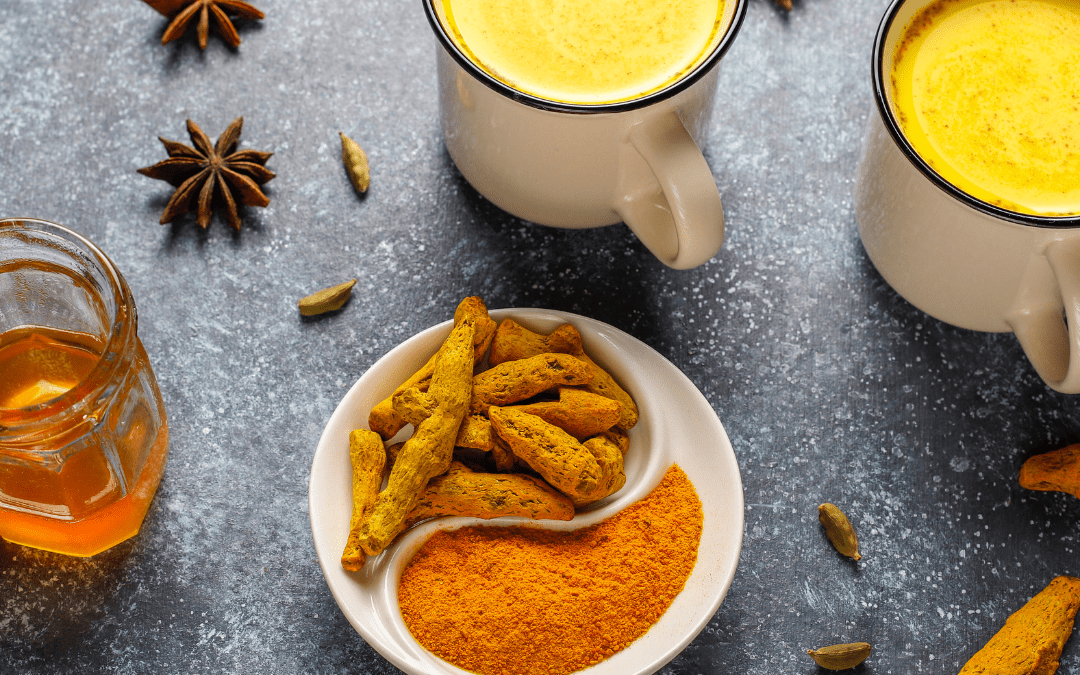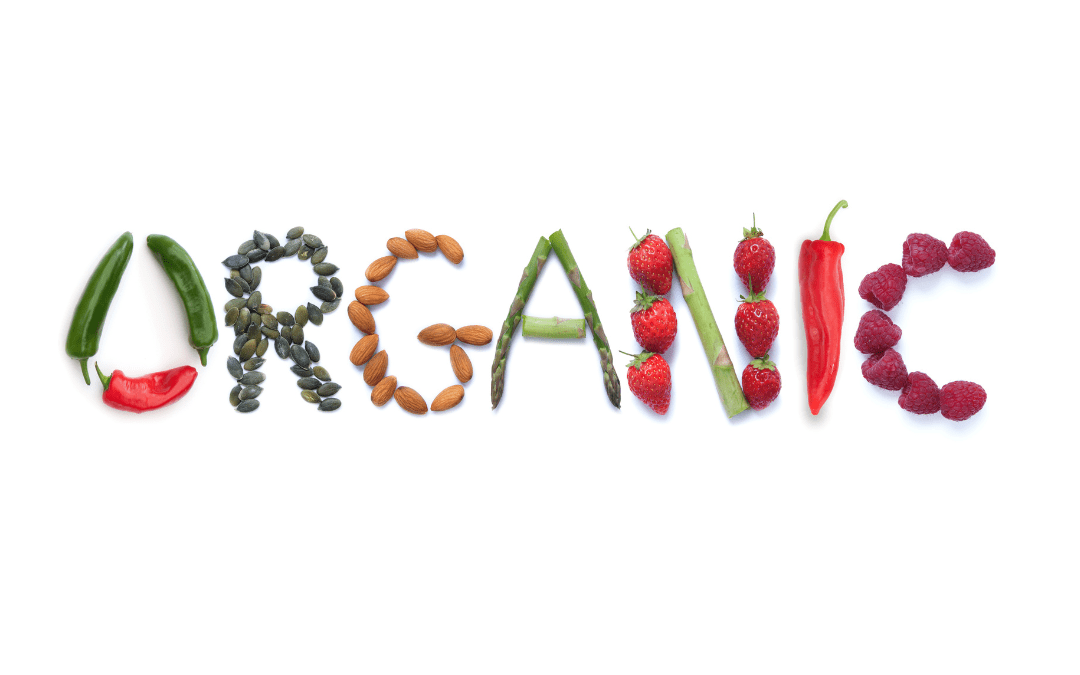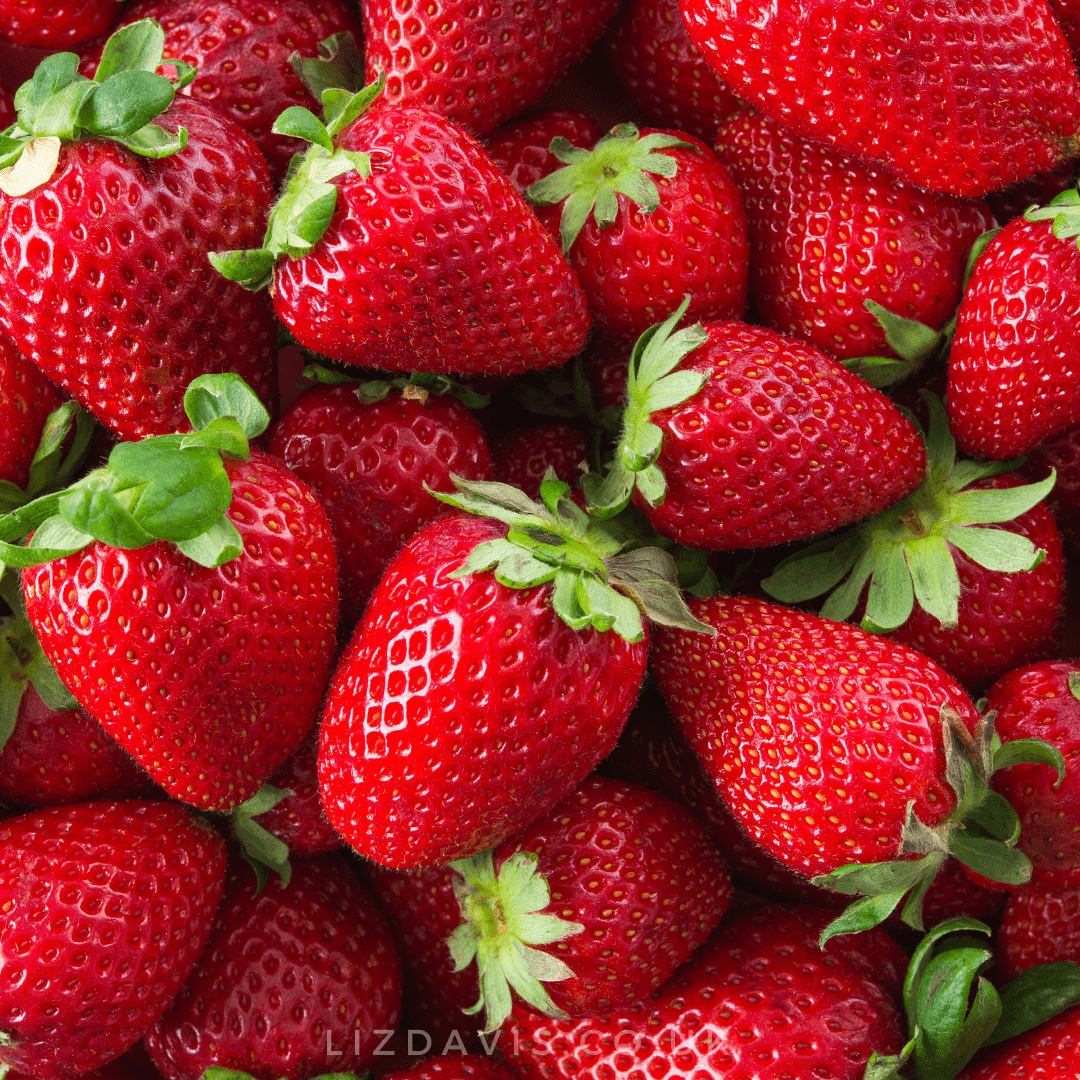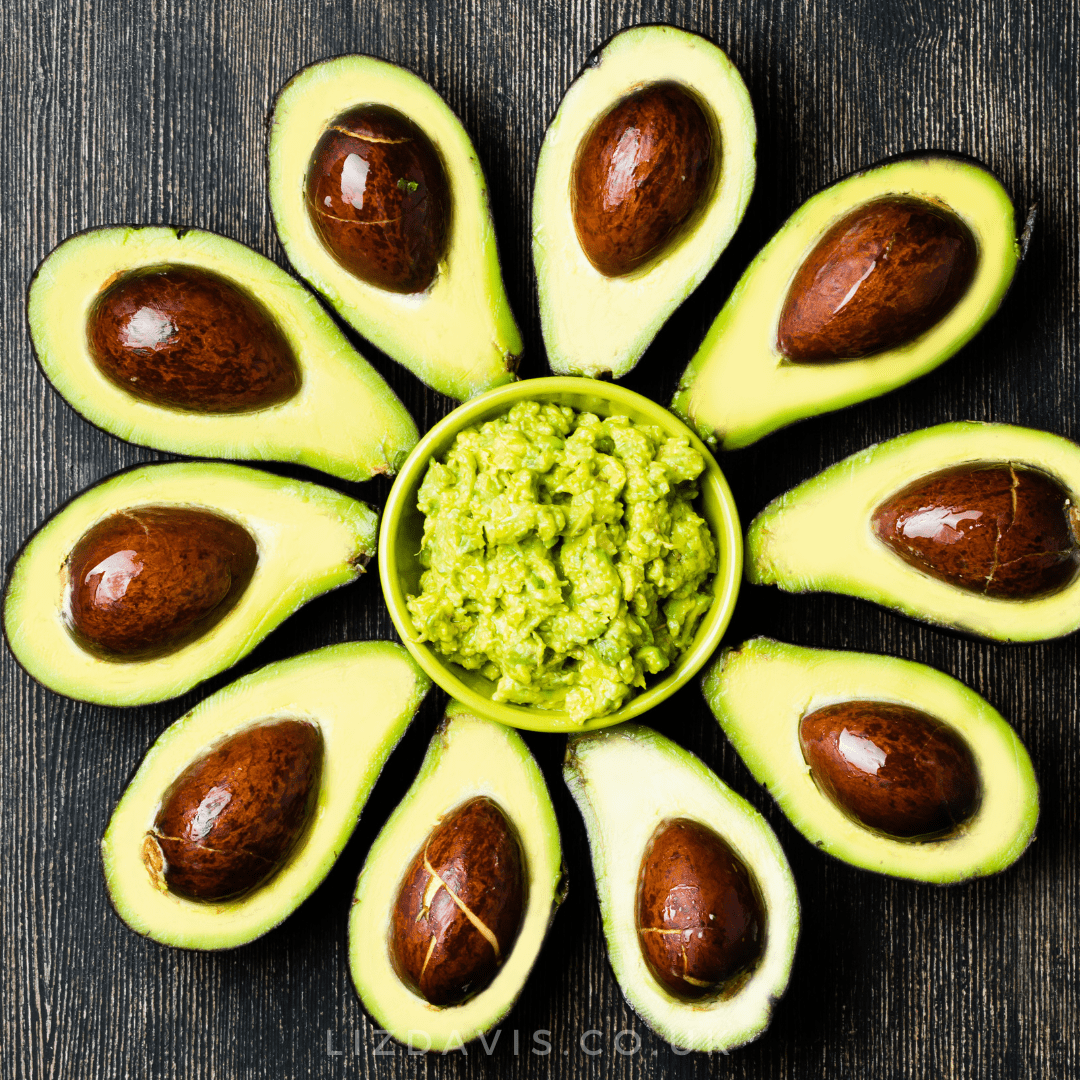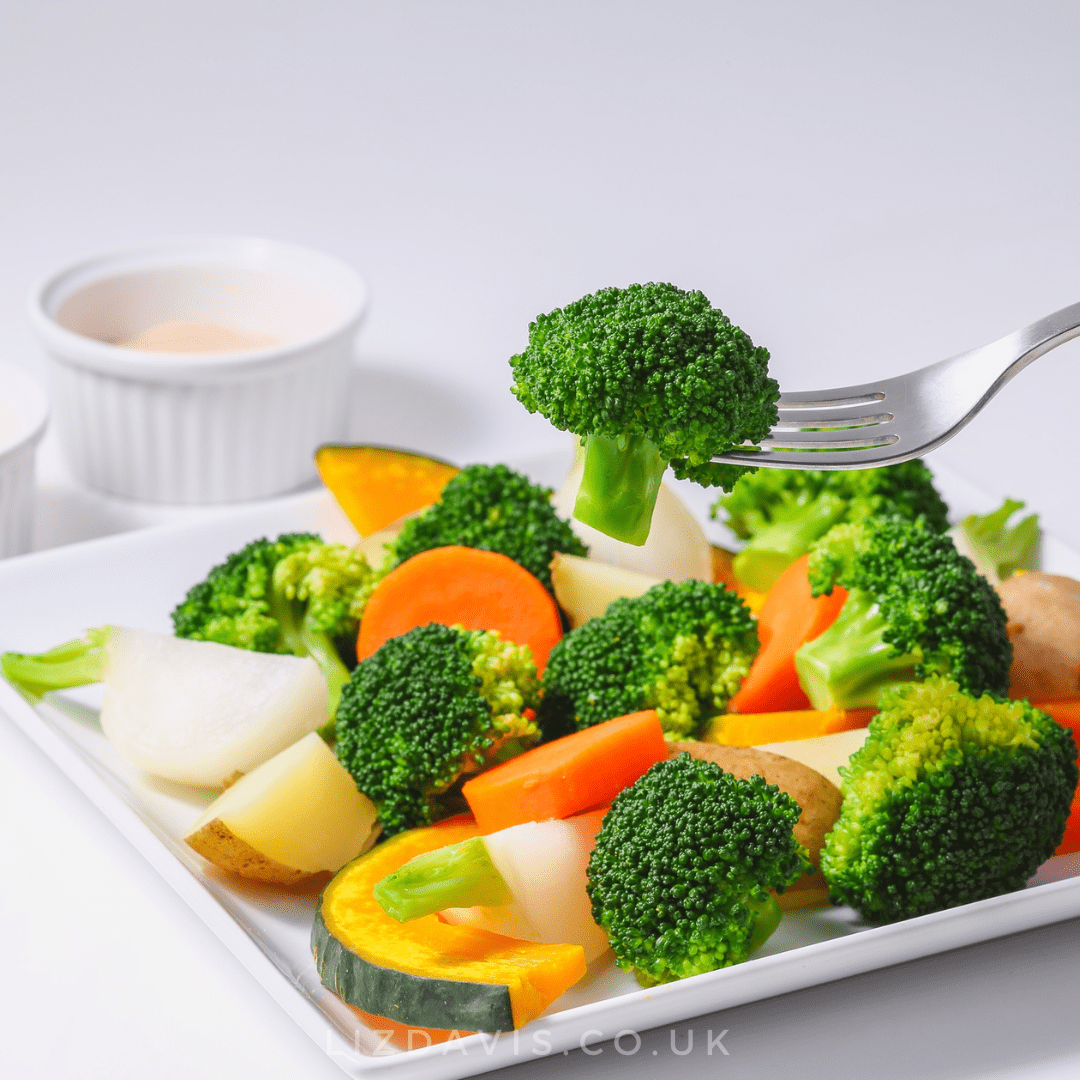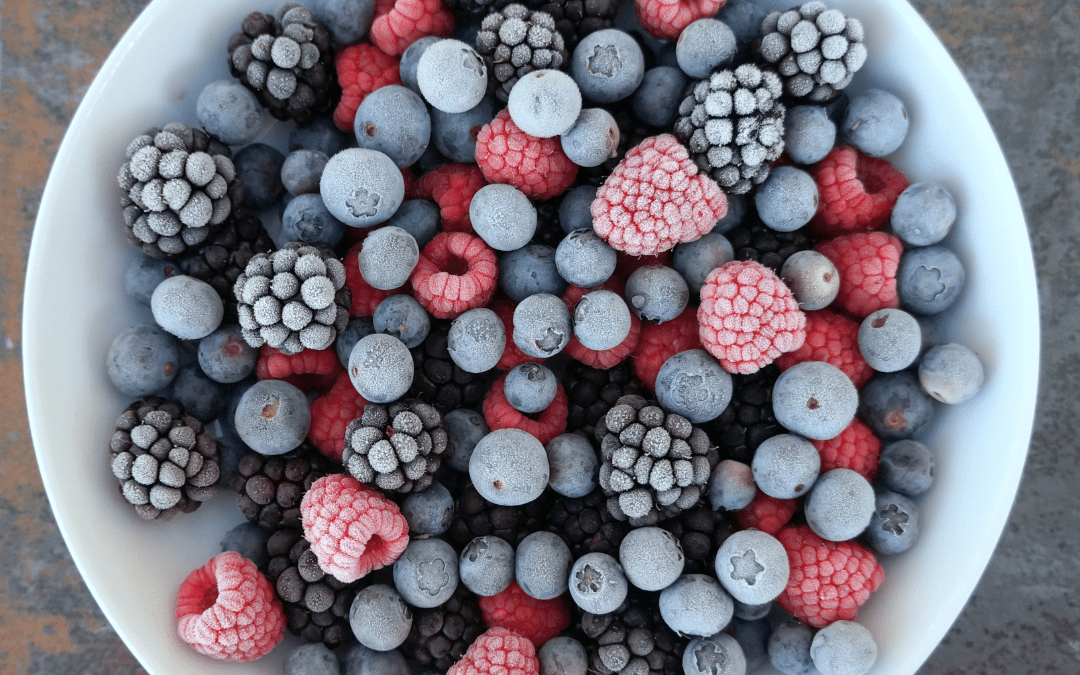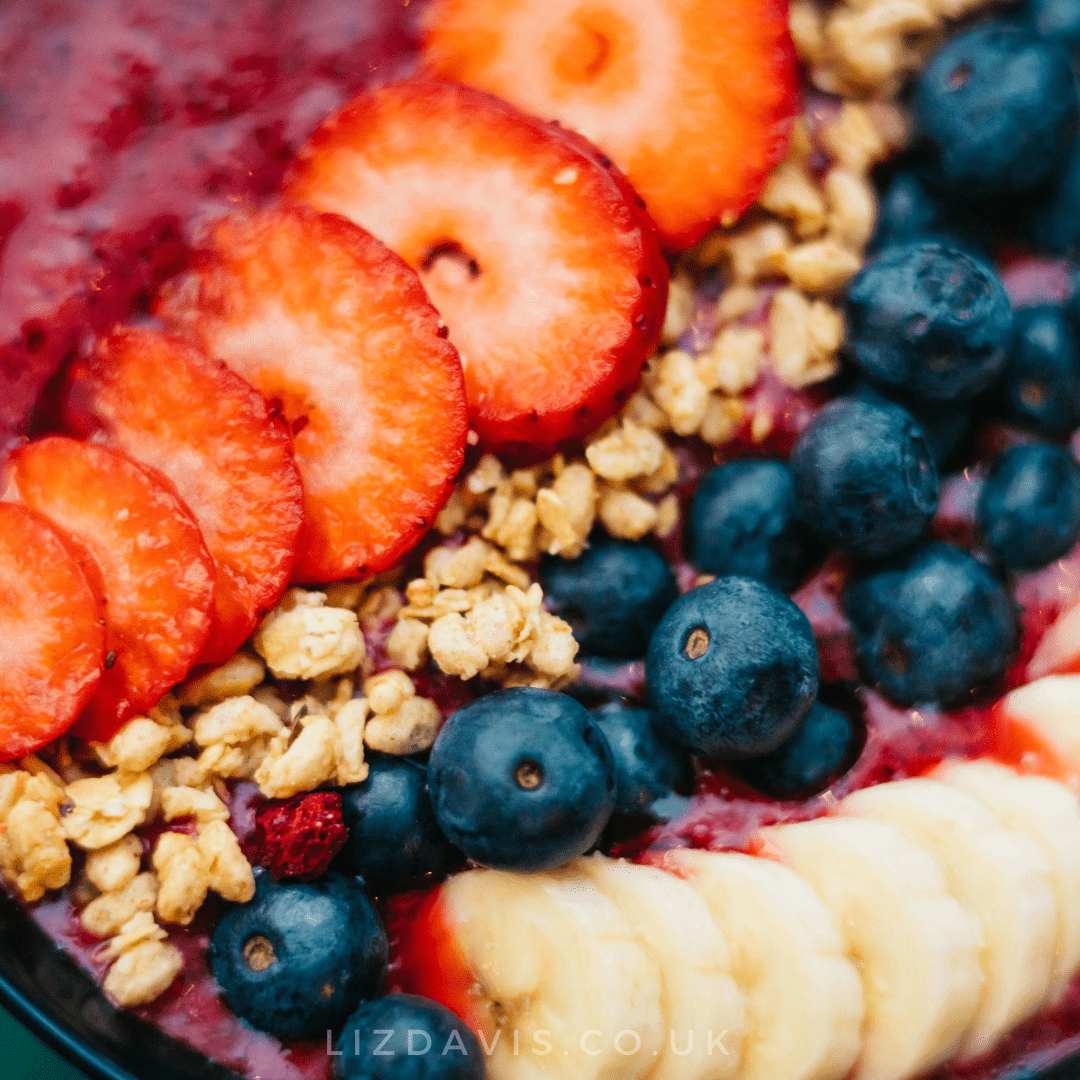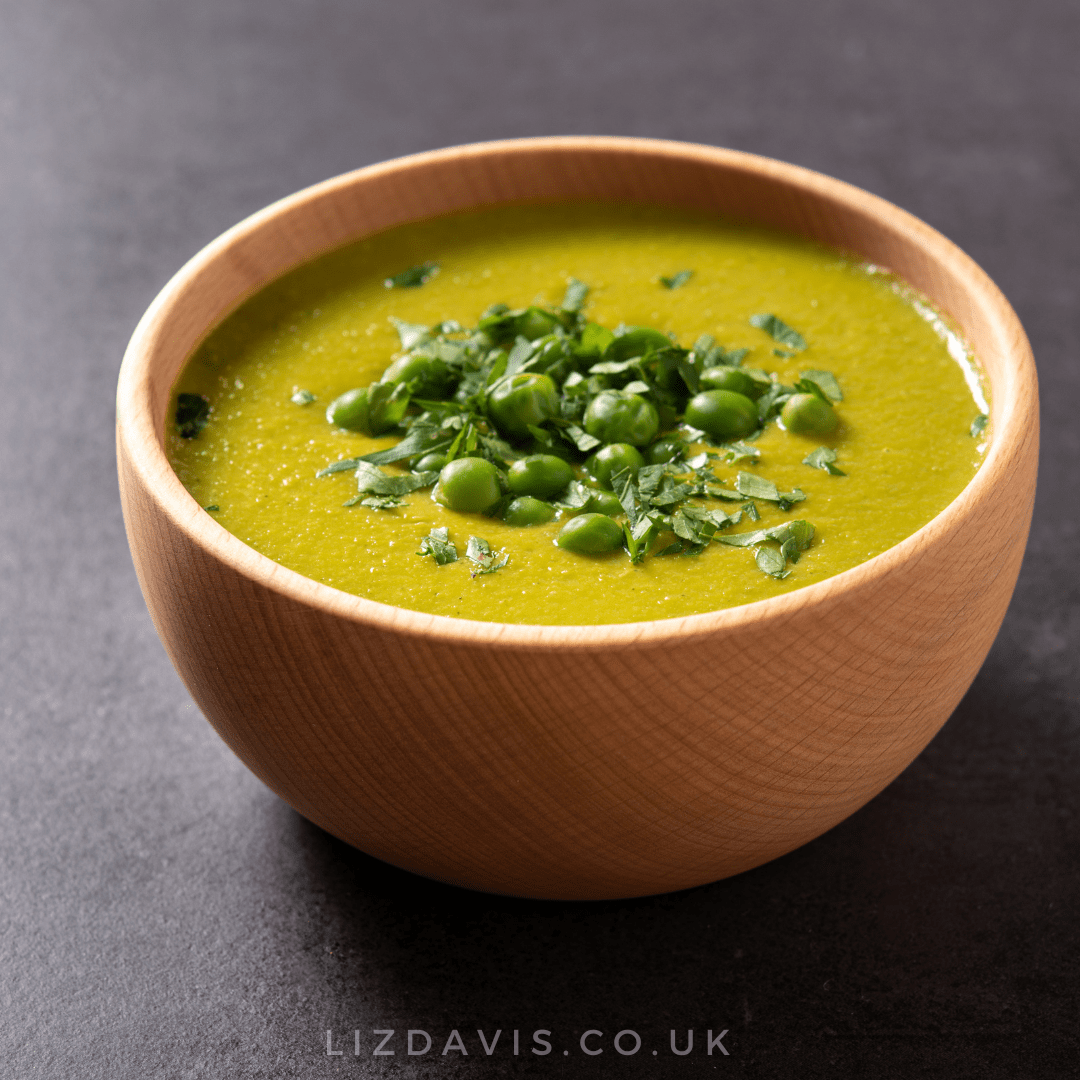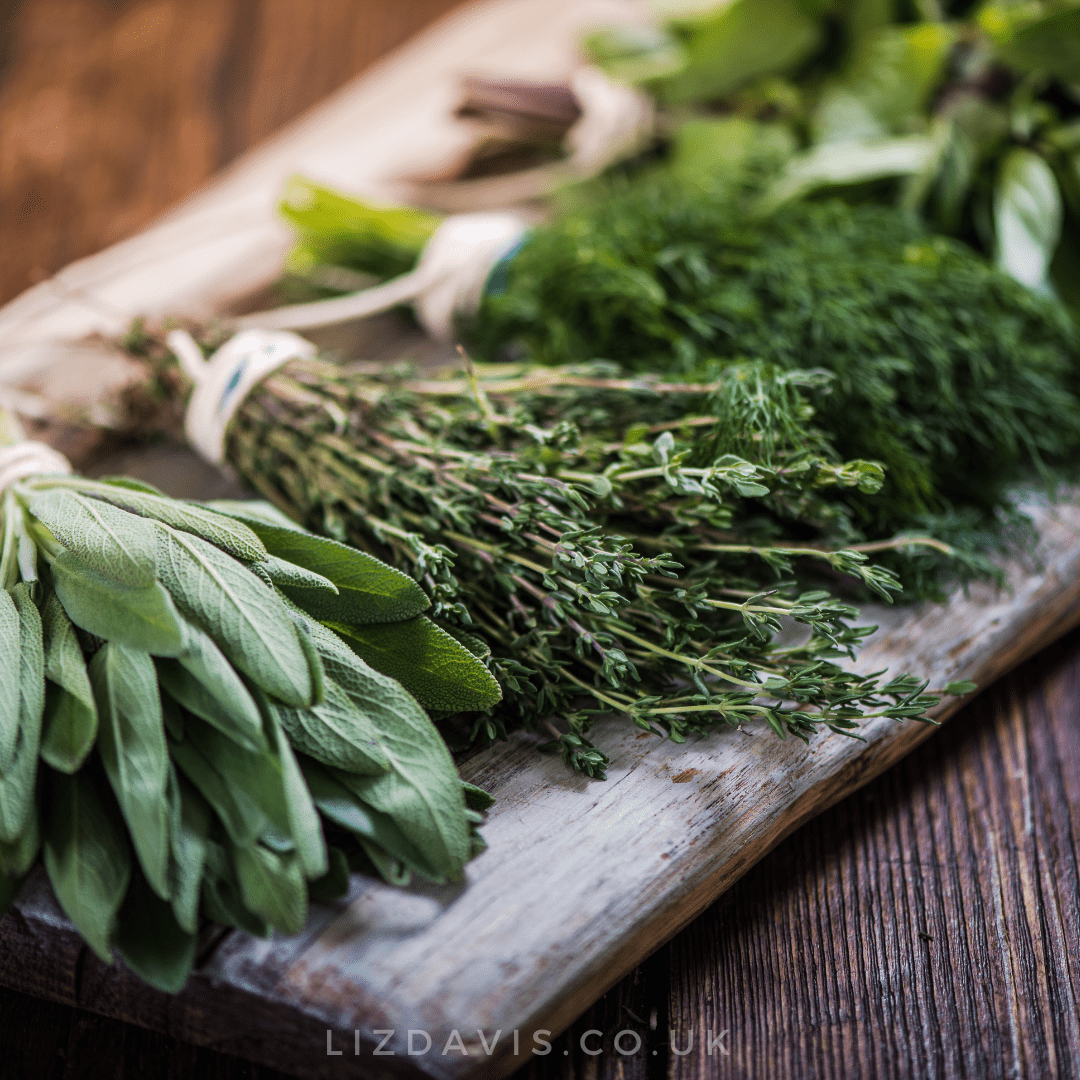
IBS: Why One-Size-Fits-All Solutions Don’t Work (And What Actually Helps)
If you have IBS, you already know it’s frustrating, unpredictable, and disruptive to daily life. The tricky part? No two guts are the same. Symptoms, triggers, and causes vary wildly from person to person — which is why the usual “one-size-fits-all” advice often falls short.
The good news? There’s plenty you can do to soothe your gut, ease symptoms, and regain control. Let’s break down the main factors behind IBS and what you can do about them.
1. Gut Bacteria: The Good, the Bad, and the Sneaky
Your gut is home to trillions of bacteria — some helpful, some less so. Broad-spectrum antibiotics, long-term medications, or even hormonal changes can throw this delicate ecosystem off balance.
When your “good” bacteria are outnumbered, it gives opportunistic bacteria and yeasts the chance to overgrow — and that’s often when IBS symptoms flare.
A gut test can help uncover imbalances and point you toward the right support to get things back in order.
2. Parasites: Not as Scary as You Think
Yes, parasites can live in your digestive system — but they’re usually less terrifying than they sound. Still, they can trigger bloating, discomfort, and other digestive issues if left unchecked.
Coupled with a diet high in sugar, refined carbs, or alcohol, these unwanted guests can flourish and make symptoms worse.
If you’re serious about supporting your gut health, my online course, The Ultimate Gut Health Programme, is the perfect next step. It’s designed to help you calm your digestive system, avoid common triggers, and still enjoy delicious, satisfying meals.
This blog is just the tip of the iceberg — the course goes much deeper, giving you everything you need to truly soothe your gut, feel lighter, and reclaim your digestive comfort.
👉 Click here to get instant access and start feeling the difference today!
3. Your “Second Brain” and Stress
Did you know your gut has its own nervous system? It’s called the enteric nervous system, and it communicates constantly with your brain — which is why stress can have such a direct impact on your digestion.
If you’ve experienced chronic stress or anxiety, or even a stressful childhood, your “second brain” may be extra sensitive. Mindset and stress management are critical tools in calming IBS symptoms. Meditation, journaling, or even herbs like chamomile can help soothe both mind and gut.
4. Food Sensitivities: Find Your Triggers
Many people with IBS feel better following a low FODMAP diet — that’s foods that are easier to digest while your gut heals. High FODMAP foods, gluten, and dairy often cause bloating, cramps, and other symptoms.
Remember, this is usually temporary. The goal is to gradually reintroduce foods so you can enjoy a wide variety of meals again.
5. Your IBS Action Plan
Here’s a simple roadmap to start easing your IBS symptoms:
-
Check your gut bacteria — look for imbalances, yeast overgrowth, or parasites. Gut testing is a great first step.
-
Manage stress and mindset — journaling, meditation, affirmations, or therapy can make a huge difference.
-
Identify and temporarily remove trigger foods — think high FODMAP, gluten, or dairy while your gut heals.
IBS is unique to you, so expect some sleuthing to find what works best. But with the right tools, knowledge, and support, you can reclaim your gut health.
If you’d like help identifying triggers, testing your gut, creating a personalized plan and you’re ready to take the first step towards healing, book a call with me today — let’s start your journey toward a calmer, happier gut.
If you would like to speak to me about any aspect of your gut health, then please use this link to book into my diary for a FREE 30 minute chat so I can find out more about what is going on for you. Alternatively please use the ‘Learn More’ link below.
Free Mini Programme
Would You Like to Learn How to Fix Your Digestive Symptoms, Beat the Bloat and Feel Amazing?
1:1 Coaching Plans
Get Ready to Permanently Beat the Bloat, Soothe Your Digestion and Feel Amazing
Ultimate Gut Health Programme
Delicious, Filling & Inspiring ways to Become Symptom-Free, Soothe Your Gut and Enjoy Your Food Again!


